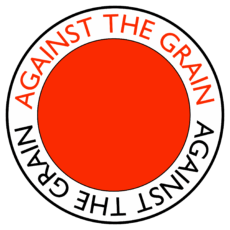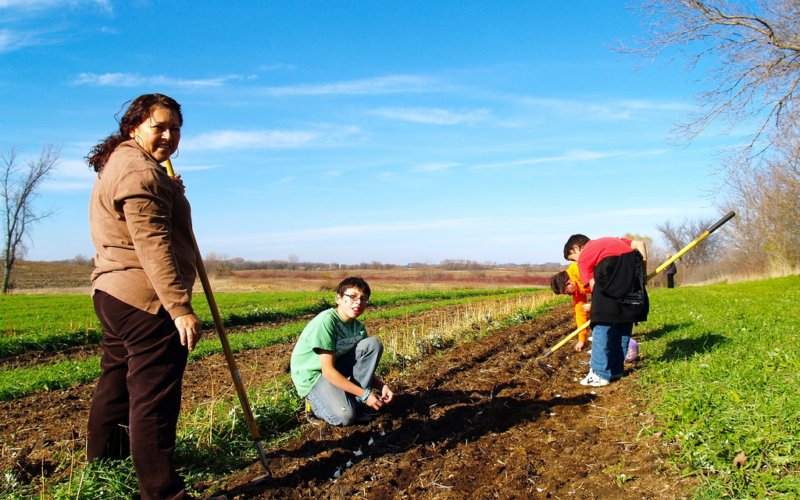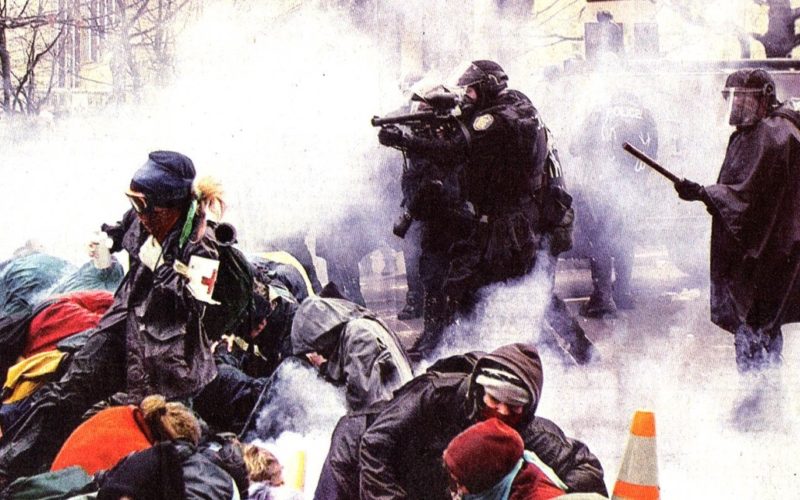Pandemics and other public health crises often require exceptional measures — some of them voluntary and some imposed from above. Historical geographer Graham Mooney reflects on the history of measures like isolation and quarantines — as well as elite indifference to the plight of the poor and working classes during infectious disease outbreaks. Resources: Graham … Continued











